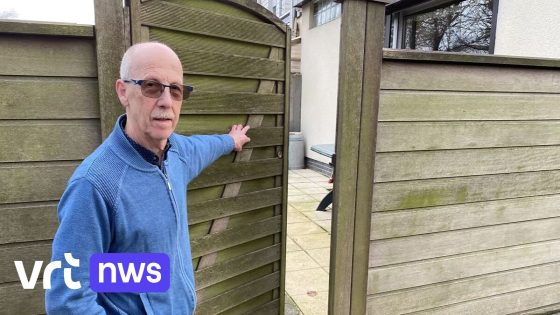On February 14, 2025, the Flanders Environment Agency (VMM) urged residents to stop burning wood in stoves and fireplaces due to rising fine particulate matter levels. How does this impact air quality in your area? The VMM warns that wood burning significantly worsens local air conditions.
- Flemish Environment Agency warns against wood burning.
- Increased fine dust concentration noted.
- Wood burning negatively affects air quality.
- Fine dust presence may worsen locally.
- Statement attributed to spokesperson Michiel Verhamme.
How Wood Burning Affects Air Quality in Belgium and Beyond
Have you ever considered how your heating choices might affect the environment? The VMM’s recent call highlights the dangers of wood burning, which contributes to poor air quality across regions. As fine dust particles increase, so do health risks for everyone exposed.
The Importance of Clean Air: What You Need to Know
The air we breathe is vital for our well-being. In Belgium, the rise in fine particulate matter from wood stoves is alarming. Fine dust can penetrate deep into our lungs and bloodstream, leading to respiratory problems and other health issues.
- Fine particles worsen asthma and allergies.
- Children and elderly are particularly vulnerable.
- Poor air quality can reduce overall life expectancy.
- Sustainable heating options exist that are better for health.
The Health Risks of Fine Particulate Matter Exposure
Exposure to high levels of fine particulate matter is linked with various health problems. Studies show that individuals living near areas with heavy pollution face increased risks of heart disease and lung cancer. Are we doing enough to protect ourselves?
Sustainable Alternatives for Heating Your Home
If you’re concerned about air quality, consider switching from traditional wood-burning stoves to eco-friendly alternatives like electric or gas heaters. These options not only improve indoor air quality but also contribute positively towards reducing environmental impacts.
The Role of Community Awareness in Air Quality Improvement
Community awareness plays a crucial role in improving local air quality. By educating each other about sustainable practices, we can collectively work towards cleaner environments. Have you discussed these issues with your neighbors?
In conclusion, staying informed about how our actions affect air quality is essential for maintaining public health and safety. Let’s take steps toward cleaner alternatives today!































